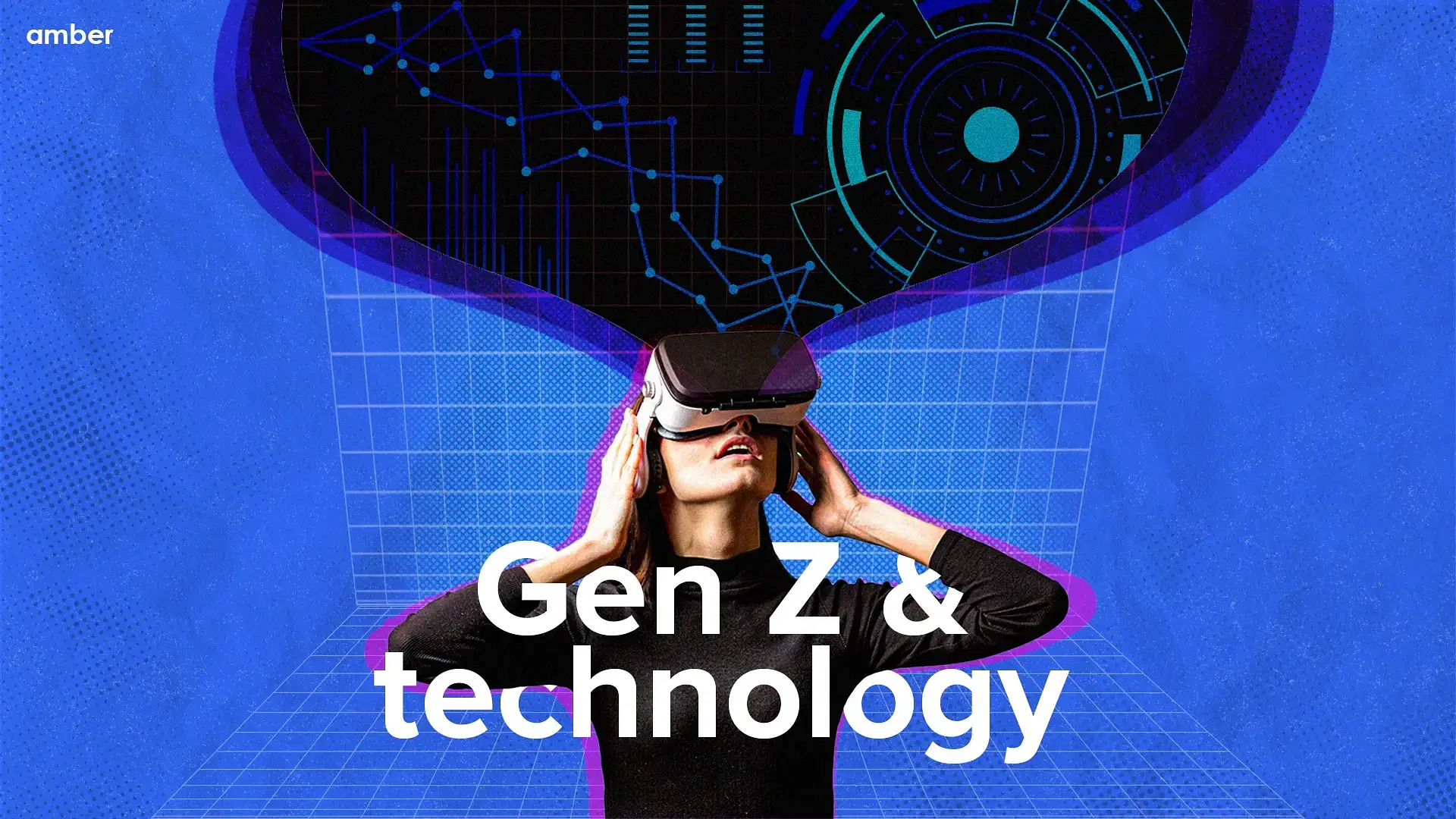The internet we knew a decade ago looks nothing like what we see today. And if there’s one generation responsible for reshaping it from the inside out, it’s Gen Z. Born between the late 1990s and early 2010s, this digitally native generation grew up with smartphones, social media, and instant information. But they’re not just consumers of the online world—they’re shaping it.
In 2025, Gen Z’s influence can be felt everywhere on the internet—from how memes evolve to how social movements gain momentum. They’re rewriting the rules of communication, creativity, commerce, and culture. The platforms are the same—Instagram, TikTok, YouTube, Reddit—but the way they’re used now is entirely different. This is not just about trends; it’s a transformation of how the internet functions.
Let’s dive into how Gen Z is changing the internet culture—and what it means for the rest of us.
1. Redefining Authenticity Online
For Gen Z, filters are out and flaws are in. Unlike previous generations who obsessed over perfect selfies and polished feeds, Gen Z values raw, real, and unfiltered moments. They’re more interested in honesty than aesthetic.
This shift is visible across all platforms:
- Instagram users are posting “photo dumps” instead of curated grids
- TikTok creators go viral by sharing mental health struggles, daily routines, or awkward fails
- YouTube vlogs are becoming more casual, less scripted, and more relatable
Authenticity isn’t just a buzzword for Gen Z—it’s a baseline. If your content feels forced, they scroll past it.
2. Memes as Language, Not Just Jokes
Gen Z doesn’t just laugh at memes—they speak in them. Memes have become a form of communication. Instead of a long response, Gen Z might drop a meme, GIF, or one-line trend reference that says it all.
Memes evolve faster than ever. A format that trended last week can feel ancient today. Gen Z knows how to remix content, turn niche jokes viral, and shift political conversations using humor. What was once just image-based humor is now a powerful cultural tool.
Examples of Gen Z meme culture include:
- “NPC behavior” to call out fake or inauthentic content
- The rise of absurdist memes that reject logic for chaotic fun
- Using archived footage or retro clips to create ironic nostalgia
Memes have become part of how Gen Z relates to one another, discusses serious topics, and builds community.
3. From Consumers to Creators
One of the biggest changes Gen Z has brought to the internet is how easily they move between consuming and creating. This generation doesn’t wait to be discovered. They launch channels, build audiences, and market themselves—all from their phones.
In 2025, tools like CapCut, Canva, and free editing apps allow teens to make studio-quality content from their bedrooms. TikTok made editing cool. YouTube Shorts made storytelling faster. Instagram Reels turned scrolling into strategy.
Gen Z creators are:
- Starting niche news pages
- Reviewing products with complete transparency
- Launching clothing brands through DMs
- Making original music that hits millions of streams without a label
Everyone’s a creator now, and Gen Z is leading that movement.
4. Hyper-Personalization of Online Identity
For Gen Z, identity online isn’t fixed—it’s layered and ever-changing. They don’t stick to one username or one platform to express themselves. You might find the same person posting aesthetics on Pinterest, arguing politics on Twitter, joking anonymously on Reddit, and vlogging on TikTok.
Unlike millennials who built professional profiles and polished public personas, Gen Z is fine with segmenting their identity into private stories, finstas (fake Instagram accounts), close friends lists, and alt accounts.
They crave spaces where they can be weird, niche, or even anonymous without the pressure of being “on brand.”
5. Micro-Influencers Over Celebrities
For Gen Z, trust is currency. They’re less impressed by traditional celebrities and more influenced by creators who feel real—even if they have only a few thousand followers.
Micro and nano-influencers (those with under 100k followers) now drive more purchasing decisions than top celebrities for Gen Z audiences. Why? Because their opinions seem unscripted, their content is less polished, and they engage more closely with their communities.
This trend has restructured digital marketing. Brands are now collaborating with small creators who:
- Share honest product reviews
- Post day-in-the-life content
- Show unfiltered behind-the-scenes footage
- Build tight-knit audiences
The internet culture Gen Z is shaping values closeness over fame.
6. Civic Activism Through Hashtags and Humor
Gen Z doesn’t separate entertainment from activism. On the internet, their humor and political voice exist in the same space. They use trending sounds, memes, and viral formats to raise awareness on global issues—from climate change to racial justice.
A good example is how Gen Z uses:
- TikTok duets to correct misinformation
- Instagram carousel posts to educate in shareable formats
- Threads and Reddit for organizing real-world protests and fundraisers
Their form of activism is fast, creative, and often funny—but it drives impact. What older generations see as “just jokes” is often strategy in disguise.
7. Digital Spaces Are Real Spaces
For Gen Z, the line between online and offline doesn’t really exist. Digital spaces are real—emotionally, socially, and culturally.
Online friendships are just as meaningful as those in real life. Discord servers, group chats, and comment sections become digital neighborhoods. Instead of meeting up at a mall, Gen Z hangs out in Fortnite lobbies, Instagram Lives, or Roblox events.
This shift is transforming how brands, educators, and even governments think about reaching people. Digital-first communication is no longer a backup—it’s the front line.
8. They Don’t Trust Big Tech—But Still Use It
Here’s the contradiction: Gen Z is highly aware of data privacy, surveillance, and algorithm bias. They’ve seen how social media can cause mental health issues. Yet they still use these platforms daily. Why?
Because they’ve learned to navigate it differently. They:
- Limit what they post on main accounts
- Use ad blockers and VPNs
- Share screenshots instead of tagging
- Use multiple profiles to control their exposure
They’re not naive about tech. They’re practical. Gen Z knows the risks, but they use their digital fluency to play the game on their terms.
Final Thoughts
Gen Z is not just another generation online. They are the architects of the next internet.
They’re rewriting how identity, influence, creativity, and community work in a hyperconnected world. Their influence is pushing platforms to adapt, brands to rethink strategies, and even governments to change how they communicate.
The internet is faster, messier, funnier, more honest, and more complex than ever before—and that’s largely because Gen Z made it that way.
If you want to understand the future of digital culture, stop looking at the past. Start paying attention to how Gen Z scrolls, posts, laughs, argues, and creates. Because they aren’t just part of internet culture anymore.


